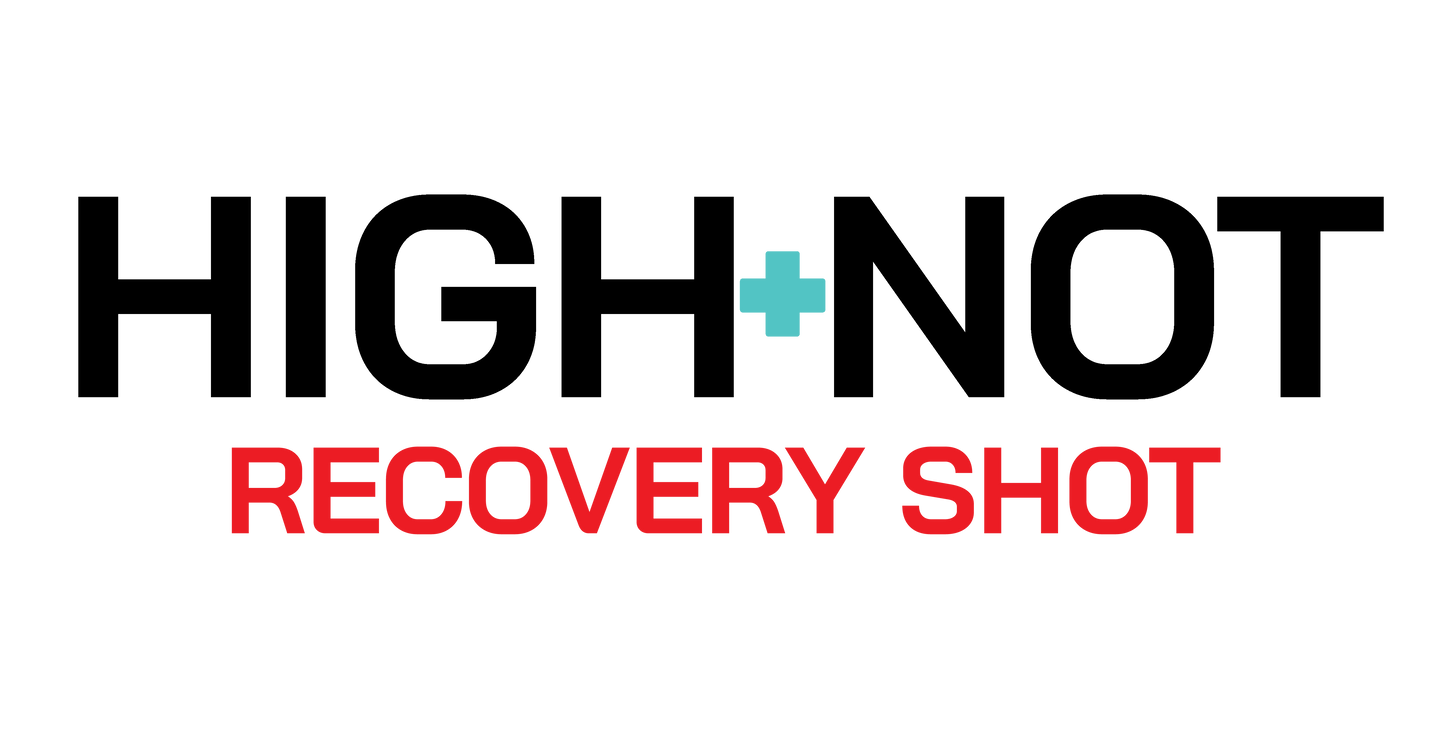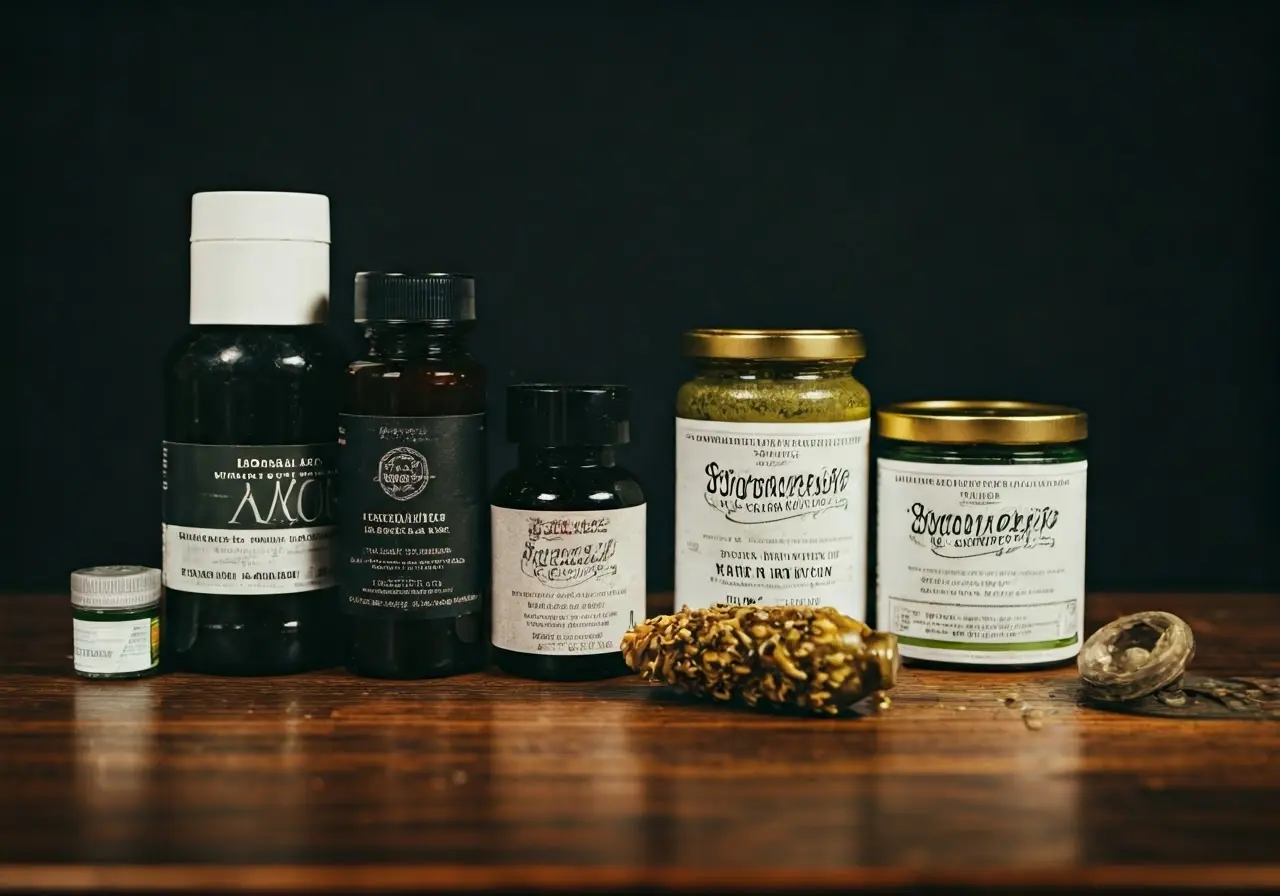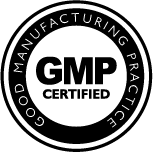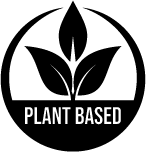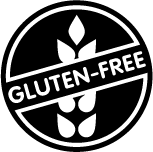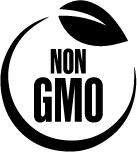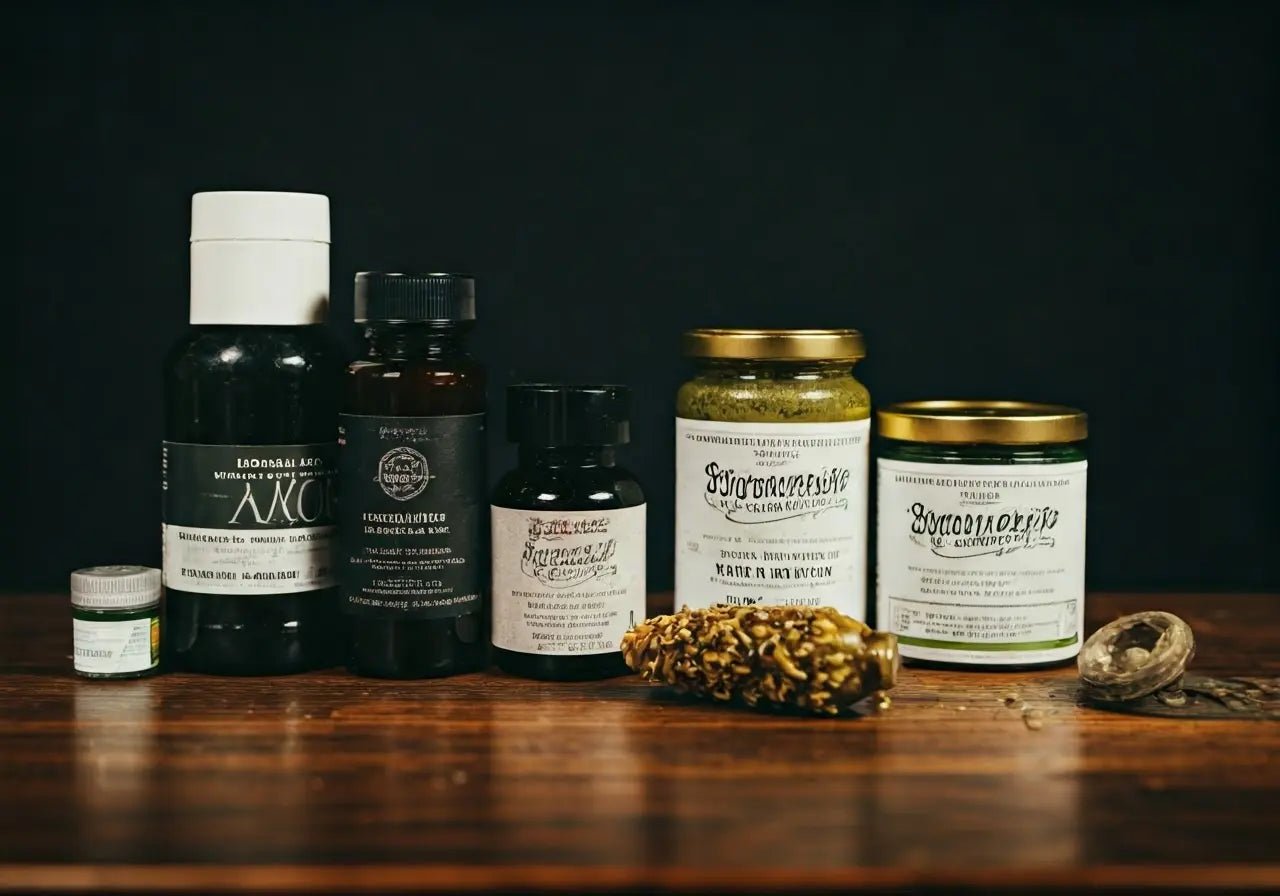
Many people enjoy the experience of using THC, but some find themselves dealing with unpleasant aftereffects the next day. This phenomenon, often referred to as a ‘THC hangover,’ can leave one feeling sluggish and out of sorts. In this blog, we’ll dive into what a THC hangover is, debunk common myths, and present the facts about potential remedies.
What is a THC Hangover?
A THC hangover refers to the feelings of grogginess, fatigue, and general discomfort some people experience after consuming THC, the active compound in cannabis. Unlike an alcohol hangover, a THC hangover is less severe but can still be disruptive. The symptoms typically include a foggy mind, dry mouth, headache, and feeling sluggish. Some folks might also experience mild nausea or the infamous ‘couch lock,’ a lethargic state discouraging physical activity. While a THC hangover isn’t usually as intense as an alcohol-induced one, it can still affect your day-to-day life, making it essential to understand and manage it effectively. The tolerance to THC can also vary from person to person, meaning the hangover effects can differ widely among users. Understanding the nuances of a THC hangover can help you find ways to alleviate its symptoms more effectively.
Common Symptoms of a THC Hangover
The symptoms of a THC hangover can vary but often include headaches, dry mouth, tiredness, brain fog, and trouble concentrating. These symptoms may vary in intensity based on the amount of THC consumed and individual tolerance levels. Cognitive impairment, such as difficulty focusing and short-term memory issues, is also common. For some, physical fatigue and a sense of grogginess can make it challenging to get out of bed and start the day. It’s also worth noting that symptoms like dry eyes and increased sensitivity to light can occur. Recognizing these symptoms is the first step to addressing them effectively. While the physical aftereffects often dissipate with time, it’s crucial to understand these can actively interfere with your productivity and comfort, especially if you have pressing tasks or engagements lined up.
Another common symptom is a lack of motivation, which can affect your ability to perform routine tasks. Unlike alcohol hangovers, which can be quite harsh, THC hangovers tend to be more subtle yet still impactful. Anxiety and mood swings can also occur, leaving you feeling off-balance emotionally. This is particularly true for occasional users or those who indulged in a higher-than-normal THC dose. By recognizing these symptoms early on, you can take proactive measures to alleviate them and make the experience more manageable.
Myth #1: Drinking Coffee Will Cure a THC Hangover
Many people believe that a cup of coffee can help alleviate the symptoms of a THC hangover. While caffeine can provide a temporary energy boost, it doesn’t address the root cause of the symptoms and can even lead to dehydration, making the hangover worse. Coffee can exacerbate dry mouth and increase feelings of anxiety or jitters, which are counterproductive to alleviating a hangover. Instead of relying on coffee, staying hydrated with water or electrolyte-rich drinks can be a more effective strategy to combat dehydration and the accompanying symptoms of a THC hangover. If you’re an avid coffee drinker, moderation is key; perhaps a half-cup might give a minor boost without worsening dehydration. It’s also beneficial to pair your hydration efforts with nutrient-rich foods to replenish any lost nutrients and support overall recovery.
Moreover, while caffeine might help to alleviate the grogginess temporarily, it often does nothing for cognitive function affected by THC, like memory and concentration. This can be particularly confusing as the mental fatigue persists despite the temporary alertness. Another downside to caffeine is that it can interfere with your natural sleep cycle, which may already be disrupted due to THC. A better approach might involve hydration, rest, and other gentle methods, such as herbal teas that can soothe your body and ease you back into a healthy rhythm.
Myth #2: Eating Greasy Food Helps
Greasy food is often touted as a remedy for hangovers, including those caused by THC. However, there’s no scientific evidence to support this claim. In fact, consuming heavy, greasy foods might upset your stomach further, contributing to discomfort. Greasy foods can be challenging to digest and may exacerbate feelings of nausea or sluggishness. Instead of reaching for a greasy breakfast, consider opting for lighter, more nutritious options. Eating foods that are easier to digest and packed with nutrients, such as fruits, yogurt, or whole grains, can provide more sustainable energy without overburdening your digestive system. A balanced meal that includes lean proteins, healthy fats, and complex carbohydrates can support your body’s natural recovery process more effectively than a plate of bacon and fries.
Fact: Staying Hydrated is Key
One of the most effective ways to combat a THC hangover is to stay hydrated. Drinking plenty of water can help flush out toxins from your system and mitigate symptoms like dry mouth and headaches [can] often be alleviated. It’s important to drink water before, during, and after your cannabis use to maintain adequate hydration. Adding electrolytes to your water can also help rebalance your system and replace any minerals lost. Coconut water, herbal teas, and sports drinks are excellent options for replenishing electrolytes without the added sugars found in some commercial sports drinks. Keeping a water bottle handy and sipping throughout the day can ensure you stay hydrated and help alleviate the symptoms more effectively.
Another beneficial approach is to include hydrating foods in your diet, such as cucumbers, oranges, and watermelon. These not only provide hydration but also essential vitamins and minerals that aid in recovery. Infusing your water with a splash of lemon or a few cucumber slices can make it more palatable and encourage you to drink more. Remember, the goal is to stay ahead of the dehydration curve by maintaining your fluid intake consistently. By focusing on hydration, you not only address the immediate discomfort of a THC hangover but also promote overall health and well-being.
Fact: Rest and Sleep
Your body needs time to recover after consuming THC, so rest and sleep are crucial. Giving your body the time it needs to recuperate can help alleviate many of the symptoms associated with a THC hangover. Aim for at least 7-9 hours of quality sleep in a dark, quiet environment to allow your body to recharge fully. During sleep, your body goes into repair mode, helping to balance hormone levels, strengthen the immune system, and consolidate memories. Incorporating relaxation techniques like deep breathing or gentle yoga before bed can also enhance the quality of your sleep. Rest is one of the most effective remedies for any hangover, including those induced by THC. Allowing your body to go through its natural recovery process can work wonders in bringing you back to your optimal state. Supplementing rest with practices like mindfulness or meditation can further ease stress and promote a sense of well-being, making your recuperation period more productive.
Understanding the importance of sleep hygiene is also crucial. Avoid screens and heavy meals right before bedtime to enhance the quality of your sleep. Instead, opt for calming activities like reading a book or listening to soft music. Consistent sleep schedules, where you go to bed and wake up at the same time every day, can further reinforce your body’s internal clock, ensuring you wake up feeling more refreshed and less affected by any residual THC. Additionally, creating a comfortable sleep environment with supportive bedding and a cool room temperature can make a significant difference in the quality of rest, ultimately helping to ease the symptoms of a THC hangover.
Fact: Eating Nutritious Foods
Instead of greasy fast food, opt for nutritious meals rich in vitamins and minerals. Eating fruits, vegetables, and whole grains can aid in replenishing your body and speeding up recovery. Nutrient-dense foods provide the necessary support for your body’s detoxification processes and help to stabilize blood sugar levels, which can be disrupted after THC consumption. Foods high in antioxidants, such as berries and leafy greens, can help combat the oxidative stress associated with THC use. Lean proteins like chicken or fish can also support muscle repair and function. Incorporating whole foods into your diet not only helps mitigate the symptoms of a THC hangover but also promotes long-term health and wellness. Robust meals that include a balanced mix of macronutrients and micronutrients can better equip your body to handle the physiological demands of recovery.
Smoothies offer a quick and convenient way to pack in a lot of nutrients. Blending together ingredients like spinach, bananas, berries, and a scoop of protein powder can create a meal that’s both easy to digest and immensely beneficial. The fiber in these foods aids digestion, while the vitamins and minerals replenish what was lost. You can also add chia seeds or flax seeds for an extra dose of omega-3 fatty acids, which help in reducing inflammation. A well-rounded diet can significantly impact your recovery, providing the energy and nutrients needed to get you back to feeling your best. Consistently choosing nutrient-rich foods builds a stronger foundation for overall health, making it easier for your body to bounce back from any form of discomfort.
Final Thoughts on THC Hangovers
Understanding the science behind a THC hangover and separating myths from facts can help you manage any potential aftereffects better. While there isn’t a magical cure, knowing what works and what doesn’t can make a big difference in how you feel the next day. Always remember to use THC responsibly and listen to your body’s signals.
